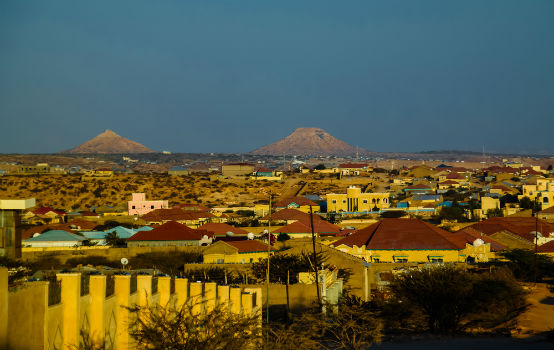Somaliland Must Be Free
The U.S. wastes blood and treasure propping up Somalia while denying its neighbor’s sovereign aspirations. Why?
In 1991, following the collapse of the authoritarian Somali government, the northwestern region of the war torn Somalia became a de-facto republic called Somaliland. Every year on May 18, millions of people take part in Somaliland’s independence rallies. Though Somaliland is imperfect, it has all of the attributes of a functioning nation: a legitimate political order that has the consent of the people, a court system that enforces the rule of law, boasts a security force protecting its people and denied a sanctuary for terrorists, and a political process to ensure the peaceful transfer of power. In fact, last November, Somaliland had a free and credible presidential election, as certified by international observers.
27 years after declaring independence, Somaliland still struggles to become a member of international community, or even acknowledge its transformation into a fledging democratic country in the Horn of Africa.
The problem for Somaliland, which has lots of valid reasons for being considered a sovereign state, has to do with the politics of accepting new states into Africa. The African Union (AU), run by despotic regimes, has an unjust veto over Somaliland independence.
AU charter prohibits changing borders inherited from colonial powers in Africa. However, the African Union’s argument to deny Somaliland sovereignty is not valid because Somaliland was an independent state in 1960 before Somalia. It had defined colonial borders that were established at the time of independence. The 4 million Somaliland people had made their voices clear in a May 2001 referendum. Thousands drive or walked miles to the polling stations, stood patiently in the scorching sun, and voted overwhelmingly in favor of Somaliland independence.
By Ali Mohamed
Source: The American Conservative

